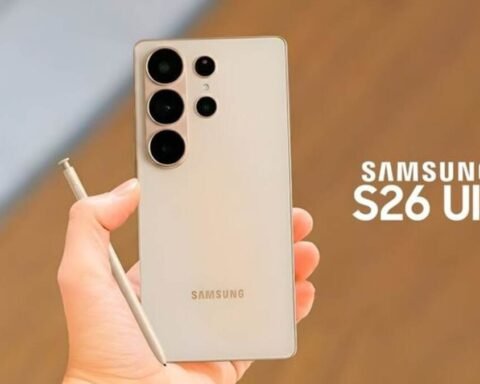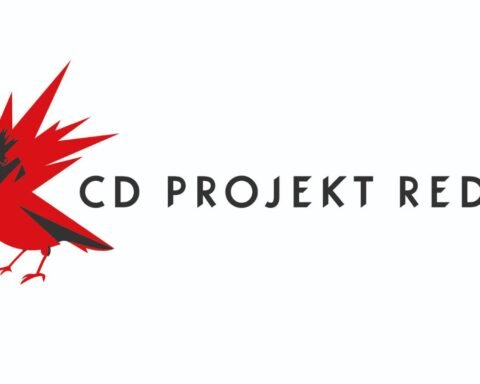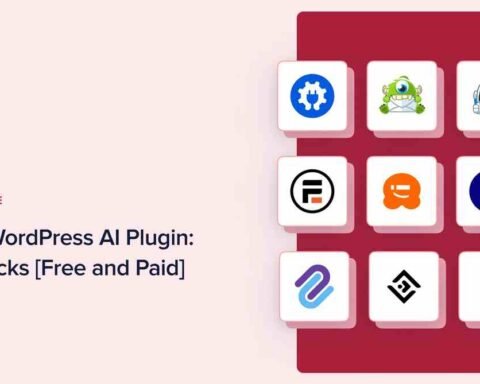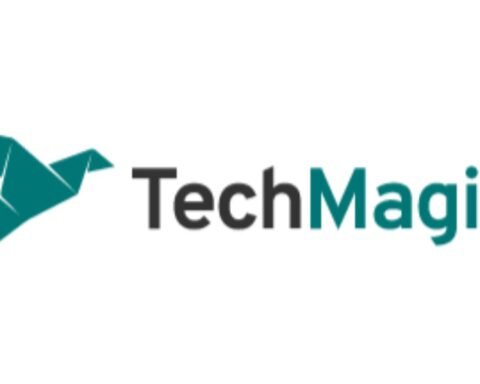Reports say that OpenAI, the group that made ChatGPT and earlier GPT models, is working on an AI-powered web browser. This could be the start of another big change in the digital world. If this is true, it could change the way people use the internet by combining AI with regular browsing to make the online experience more intuitive, efficient, and tailored to each user. Even though the details are still up in the air, the idea of an AI-powered browser from a big company like OpenAI has sparked a lot of interest and debate about what it could do, what it would mean, and what problems it might have. This article talks about the rumored project, what it might be able to do, how it might affect the tech industry and society as a whole, and how it might affect other companies.
The Beginning of an AI-Driven Browser
OpenAI might be getting into the browser market at a time when AI is changing many fields, including healthcare and entertainment. OpenAI is known for its work in generative AI and natural language processing (NLP). It has already shown that it can make tools that can understand and write text like a person. It may seem like a big step to go from chatbots and language models to a web browser, but it fits with the company’s goal of improving AI technologies for the benefit of people.
After tech blogs and industry insiders hinted that OpenAI was looking into new consumer-facing products, people started to talk about the browser. Even though there hasn’t been any official word on this, sources say that the browser might be able to use OpenAI’s newest AI models, which could be based on GPT-4o or even more advanced systems. The goal, it seems, is to make a browser that not only lets you browse the web, but also predicts what you need, automates tasks, and makes it easier to find information using AI.
What Would a Browser with AI Look Like?
OpenAI’s AI-powered web browser would probably do more than just what Chrome, Firefox, or Safari do. Browsers today are great at displaying web pages, managing tabs, and supporting add-ons, but they don’t work well with AI-based decision-making. OpenAI’s browser could add features that make use of its knowledge of NLP, machine learning, and data processing. Some possible features are:
Intelligent Search and Summarization: Picture a browser that not only gives you a list of search results but also knows what you’re looking for. With advanced NLP, the browser could summarize web pages, pull out important information, and show it in a clear, easy-to-read way. For instance, if you look for “climate change solutions,” you might find a report that combines information from several sources and includes citations and useful information.
Personalized Content Curation: The browser could use information about how users behave, what they like, and what they have looked at in the past to create a custom feed of articles, videos, and other resources. An AI browser could focus on accuracy and relevance instead of algorithms that decide what to show you on social media. It could use OpenAI’s content moderation methods to get rid of false information or low-quality content.
Conversational Interface: The browser could have a built-in AI assistant that is good at having conversations, thanks to ChatGPT. People could talk to the browser in plain English and ask it to do things like make appointments, write emails, or look at data from web pages. A user could say, “Find me a flight to Paris next weekend for less than $500,” and the browser would search the web, compare options, and show the best deals.
Task Automation: AI could automate everyday online tasks like filling out forms, keeping track of subscriptions, or scheduling social media posts. Based on patterns, the browser might guess what the user needs and offer to do repetitive tasks or suggest ways to make things better.
Better Privacy and Security: OpenAI could set its browser apart by putting user privacy first, which is becoming more and more important in the tech world. The browser could use AI to find phishing attempts, mark websites that look suspicious, or encrypt data better. It could also let users decide how their data is used, which is in line with OpenAI’s promise to make AI in a responsible way.
Augmented Reality and Visual AI: If OpenAI adds its multimodal AI features (like those in GPT-4o), the browser could handle images and videos on web pages and give real-time translations or notes. For instance, hovering over an image could bring up an AI-generated description or context, making it easier for people who can’t see to use the site.
Developer Tools and API Integration: The browser could give developers AI-powered help with coding, debugging tools, or easy access to OpenAI’s API for making their own apps. This would be popular with techies, creating an environment for web development that uses AI.
The Competitive Landscape
OpenAI will have to compete with well-known browsers like Google Chrome, Mozilla Firefox, Microsoft Edge, and Apple’s Safari if it enters the browser market. These browsers hold a large share of the global market. Chrome has more than 60% of the market share by itself. This is because it is fast, works well with Google services, and has a large library of extensions. But OpenAI’s AI knowledge could give it a unique advantage, especially in a market that is always looking for new ideas.
There are already other AI-powered browsers, but they are smaller. For instance, The Browser Company made Arc, which focuses on productivity and customization with AI-powered features like organizing tabs and taking notes. Brave, like DuckDuckGo, is all about privacy and blocking ads. It uses AI to make the user experience better. OpenAI’s browser would have to stand out by having better AI features, working well with its other tools, and being easy to use.
Another company to keep an eye on is xAI, which makes Grok and has been looking into AI-powered tools for web interaction. xAI has mostly been working on conversational AI and scientific discovery, but being on platforms like X could make it a competitor in the AI browser space. People have been guessing about OpenAI’s plans for a browser on X. Some people are excited about the idea of a “ChatGPT for browsing,” while others wonder if it can compete with Chrome’s popularity.
Potential Challenges
Making a browser is not easy, even for a company like OpenAI that has a lot of money. There could be a number of problems, such as:
Technical Complexity: To build a browser, you need to know how to use rendering engines, security protocols, and make sure it works on different platforms. OpenAI would have to either make a new engine (like WebKit or Blink) or pay for the use of an old one, both of which take a lot of resources.
Market Adoption: Getting people to switch from well-known browsers like Chrome or Safari is a big problem. OpenAI would need to offer useful features and a smooth transition process, like being able to import bookmarks and settings.
Privacy Issues: OpenAI has talked a lot about ethical AI, but any browser that collects user data to make things more personal could be looked at more closely. To earn users’ trust, the company would need to find a balance between AI-powered features and strong privacy protections.
Monetization: Most browsers are free and make money through ads, subscriptions, or integrations with other services. OpenAI would need a clear plan for how to make money, maybe by offering premium features or a subscription model like SuperGrok, without turning off users who are used to free browsers.
OpenAI’s close relationship with Microsoft, which makes Edge and uses OpenAI’s AI in Bing, could make it harder for the company to reach its goal of making a browser. A separate OpenAI browser could go up against Edge directly, which would put partnerships at risk.
Broader Implications
An AI-powered browser from OpenAI could have big effects on both the tech industry and the world in general. First, it could speed up the process of adding AI to everyday tools, which would make advanced technologies easier for most people to use. A browser that makes hard tasks easier, gets rid of false information, and boosts productivity could help both people and businesses.
Second, it could make it harder for Big Tech to control the browser market. People have been worried for a long time about Google’s monopoly-like behavior because it owns Chrome and Search. An OpenAI browser that puts privacy and openness first could be a good alternative that encourages competition and new ideas.
Third, the browser could change the way we interact with information. AI could help cut down on information overload and stop the spread of false information by organizing, summarizing, and putting content in context. But this also makes people wonder about bias in AI algorithms and the possibility of “filter bubbles” that make people more sure of what they already believe.
Lastly, the project might have an effect on web development standards. If OpenAI’s browser has new AI-powered features, developers may have to change websites to use them, which could lead to a new wave of web innovation.
In conclusion
The rumored AI-powered web browser from OpenAI is an exciting new step in the internet’s growth. OpenAI could change the way we explore, process, and interact with the digital world by combining its knowledge of artificial intelligence with the fact that browsers are everywhere. There are big problems to solve, like how hard it is to use, how well it will be adopted by the market, and how to protect users’ privacy. But the idea of a browser that knows what users need, does tasks for them, and gives them personalized insights is very exciting.
While the tech world waits for official word, speculation is growing on sites like X, where users talk about how possible and useful this kind of product might be. OpenAI’s browser could be a game-changer or just a niche product, but its development shows how AI is becoming more important in shaping the future of technology. If it works, it could be a new chapter in the history of the internet, where intelligence, not just connectivity, shapes how people use it.
























